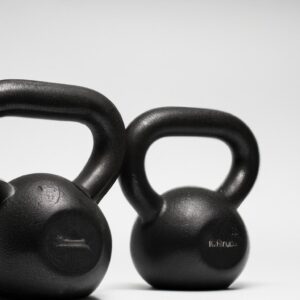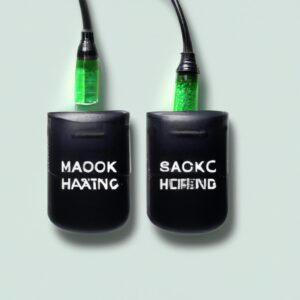**”The Role of Emotional Agility in Fitness: How Adapting Your Mindset Can Enhance Performance and Overcome Setbacks”**
# The Role of Emotional Agility in Fitness: How Adapting Your Mindset Can Enhance Performance and Overcome Setbacks
In the ever-evolving world of fitness, physical prowess often takes center stage. However, the mental aspect of training is equally, if not more, important. Emotional agility—the ability to adapt your thoughts and emotions as you navigate challenges—can significantly enhance your performance and resilience in the face of setbacks. Understanding how to cultivate this ability can help you unlock your full potential, allowing you to maintain motivation, overcome obstacles, and achieve your fitness goals.
## What is Emotional Agility?
Emotional agility is defined as the ability to navigate your thoughts and emotions with flexibility. It involves acknowledging your feelings without being overwhelmed by them, allowing for a more adaptive response to setbacks and challenges. This concept is particularly relevant in the realm of fitness, where the journey is often fraught with obstacles ranging from injuries to motivational slumps.
### The Importance of Mindset in Fitness
Your mindset plays a crucial role in how you approach fitness. A growth mindset—believing that abilities can be developed through dedication and hard work—fosters resilience. Conversely, a fixed mindset can lead to a fear of failure and a tendency to give up when faced with challenges. Emotional agility encourages a growth mindset, enabling you to view setbacks as opportunities for learning and improvement.
## Nutrition Tips
Nutrition is a fundamental aspect of fitness that can either support or hinder your emotional agility. Here are some tips to enhance your diet:
1. **Balanced Macronutrients**: Ensure your meals include a mix of carbohydrates, proteins, and fats. Carbohydrates provide energy, proteins help with muscle repair, and healthy fats support brain function, which is crucial for managing emotions.
2. **Stay Hydrated**: Dehydration can lead to fatigue and mood swings. Aim to drink at least 8-10 glasses of water a day, adjusting for activity level and climate.
3. **Incorporate Whole Foods**: Focus on whole, nutrient-dense foods like fruits, vegetables, lean proteins, and whole grains. These foods not only provide essential nutrients but also impact your mood positively.
4. **Mindful Eating**: Practice mindfulness while eating by paying attention to your hunger cues and savoring each bite. This can help you develop a healthier relationship with food, ultimately aiding your emotional well-being.
## Exercise Advice
Integrating emotional agility into your exercise routine can help you stay motivated and engaged. Here are some strategies to consider:
### Set Realistic Goals
Setting achievable short-term and long-term goals can provide direction and motivation. Break down larger goals into smaller, manageable steps to create a sense of accomplishment along the way.
### Embrace Flexibility
Life is unpredictable, and your workout schedule may not always go as planned. Instead of feeling discouraged, practice emotional agility by adapting your routine. If you miss a workout, find ways to incorporate movement throughout your day, like taking the stairs or going for a walk.
### Reflect and Adapt
After a workout, take time to reflect on what felt good and what didn’t. Use this self-awareness to adapt your routine going forward. For example, if you find certain exercises leave you feeling drained, consider adjusting the intensity or exploring new activities that excite you.
## Health Benefits
The benefits of emotional agility extend beyond performance enhancement; they also positively impact overall health.
### Reduced Stress
Practicing emotional agility can lower stress levels. By acknowledging and managing your emotions effectively, you can mitigate the negative effects of stress on your body, such as increased heart rate and elevated cortisol levels.
### Improved Mental Health
A flexible mindset can lead to enhanced mental health. Emotional agility allows for better coping mechanisms, reducing anxiety and depression. This is especially beneficial for those who may struggle with the mental aspects of fitness.
### Enhanced Performance
When you cultivate emotional agility, you are better equipped to handle performance-related pressures. This can lead to improved focus, increased motivation, and a greater likelihood of achieving your fitness goals.
## Conclusion
Incorporating emotional agility into your fitness journey can be transformative, enabling you to adapt your mindset, enhance your performance, and effectively navigate setbacks. By focusing on nutrition, exercise strategies, and the multitude of health benefits, you can create a holistic approach to fitness that nurtures both your body and mind. Ultimately, embracing emotional agility can lead to a more fulfilling and resilient fitness experience, empowering you to achieve your goals with confidence and ease.















Post Comment